In the world of logistics, finding the right transportation solution is crucial for businesses to ensure efficient and cost-effective operations. Full truckload (FTL) services, coupled with the best warehouse and transportation options, play a significant role in optimizing logistics and meeting customer demands. In this blog post, we will delve into the benefits of FTL services and explore how to identify the best warehouse and transportation solution for your business.
Full Truckload (FTL) Services:
Full truckload services involve the transportation of goods that occupy the entire capacity of a truck. This option is ideal for businesses that have large shipments, need dedicated transportation, or require faster transit times. Here are some key advantages of utilizing FTL services:
- Efficient and Direct: FTL services provide a direct transportation solution, with the entire truck dedicated to a single shipment. This eliminates the need for multiple stops or transfers, resulting in faster transit times and reduced risk of damage or loss.
- Increased Capacity: FTL services allow businesses to utilize the full capacity of a truck, maximizing the amount of goods transported in a single shipment. This helps optimize logistics by reducing the number of trips required and minimizing transportation costs.
- Flexibility and Security: FTL services offer flexibility in terms of pickup and delivery times, as the entire truck is dedicated to the specific shipment. This ensures timely deliveries and provides increased security since the goods remain untouched throughout the transportation process.
Finding the Best Warehouse and Transportation Solution:
Identifying the best warehouse and transportation solution requires careful consideration and evaluation. Here are some key factors to consider:
- Location and Proximity: Choose a warehouse and transportation solution that is strategically located in proximity to your suppliers, customers, or key distribution points. This reduces transit times, lowers transportation costs, and improves overall supply chain efficiency.
- Warehouse Capabilities: Assess the capabilities of the warehouse, such as storage capacity, handling equipment, and specialized services. Depending on your specific requirements, consider factors such as temperature-controlled storage, inventory management systems, or value-added services like labeling and packaging.
- Transportation Network: Evaluate the transportation network associated with the warehouse solution. Consider the availability of various transportation modes, such as trucking, rail, or air freight, and ensure they align with your shipping needs. Additionally, assess the reliability, responsiveness, and track record of the transportation providers associated with the warehouse solution.
d. Scalability and Flexibility: Look for a warehouse and transportation solution that offers scalability and flexibility to accommodate your business growth or changing demands. This includes the ability to handle increased inventory volumes, adapt to fluctuating market conditions, and adjust transportation capacity as needed.

Recent Comments